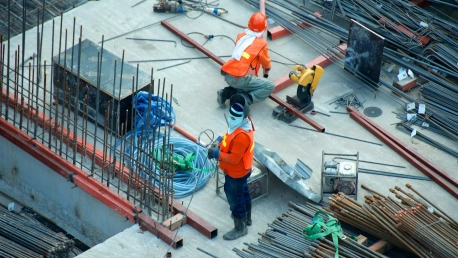According to data from the Contractor Compensation Quarterly (CCQ), the salaries for construction staff are set to increase significantly in 2024. Various factors, including industry trends and economic conditions, contribute to the projected rise in wages. A comprehensive survey involving responses from 350 companies revealed that construction staff wages are expected to rise by an average of 4.38% over the coming year. Given that historically, these projections tend to underestimate the final figures by about 0.3% to 0.5%, the actual increase in salaries may well reach or even exceed 4.7% by the end of 2024. To put this into perspective, exempt professionals across all industries saw a 4.5% increase in salaries in 2023, and the initial projection for 2024 was a 4.1% increase. This trend indicates a competitive compensation landscape within the construction industry, reflecting more extensive industry dynamics.
Implications for Construction Executives
The 2024 projected salary increases are crucial for construction executives needing to stay current with compensation trends to make strategic staff retention and recruitment decisions. The reported pay hikes emphasize the importance of competitive salaries in attracting and keeping talent in an industry characterized by fluctuating demand and workforce availability. With compensation increasingly used as a differentiation tool, staying updated allows construction firms to effectively adjust their salary strategies. This trend highlights the growing recognition across various sectors of the need for higher wages to match the rising cost of living and inflation, thereby boosting employees’ purchasing power.Additionally, the relationship between wage increases and overall economic health is significant, particularly in construction, often seen as an economic bellwether. As the industry faces supply chain disruptions and workforce shortages, competitive compensation could be vital for maintaining productivity and project timelines. Staying ahead of compensation trends helps ensure companies remain attractive places to work, safeguarding their ability to complete projects on time and within budget. This foresight into compensation trends supports both immediate staffing needs and long-term workforce stability, essential for sustained growth in the construction sector.









